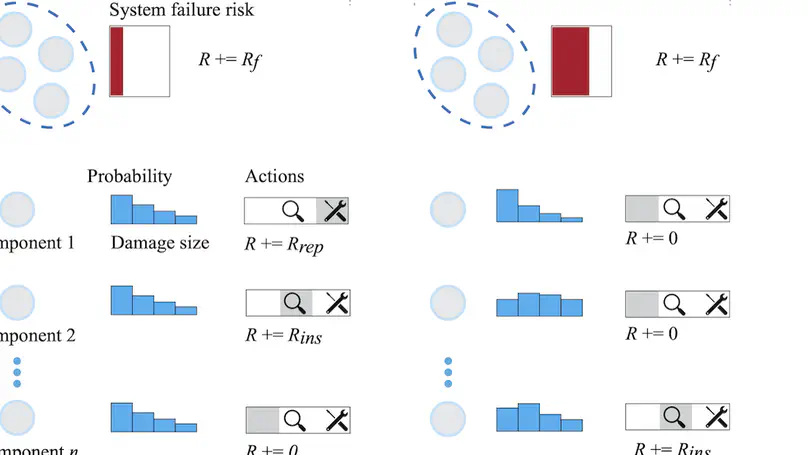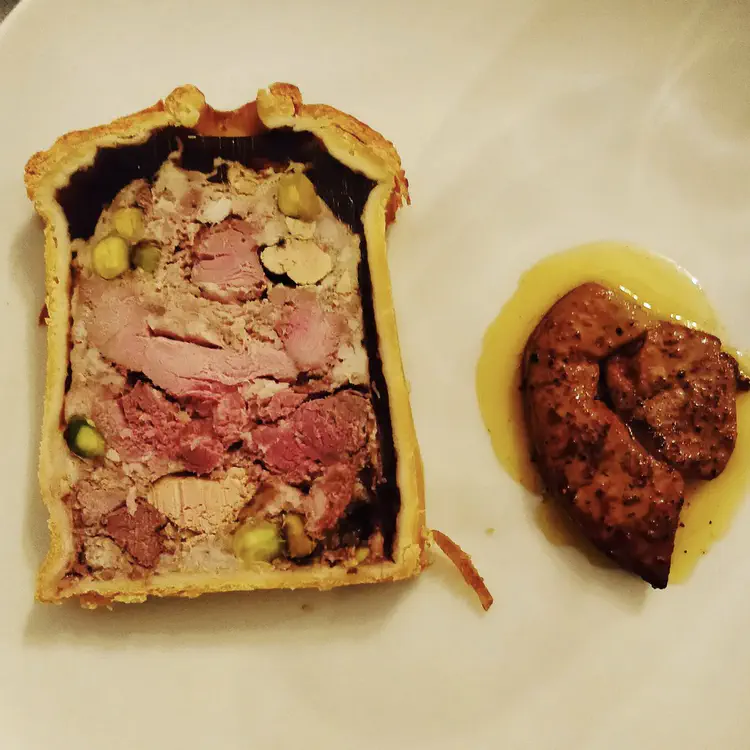Biography
I am the Co-Founder & CEO of Belerion, a startup developing AI technologies for defence. We specialize in counter-UAS solutions powered by multi-agent reinforcement learning, with expertise in simulating both defenders and attackers to design resilient strategies. Our work spans the entire value chain of effectors: from sensors for precise detection and identification, to enabling super-human control with decision-aid systems, and optimizing performance at the system level through data fusion and operational planning.
I completed a Ph.D. in machine learning in June 2024. My research focuses on training teams of agents with multi-agent reinforcement learning. Aside, I conducted projects on neural network compression for computer vision and robust reinforcement learning for drone control applications. I am particularly passionate about applying machine learning to address real-world challenges.
- Machine learning
- Reinforcement learning
- Multi-agent systems
- Real-world applications
PhD in Machine Learning, 2024
Faculty of applied sciences, University of Liège, Belgium
MSc in CS and Engineering, 2018
Faculty of applied sciences, University of Liège, Belgium
BSc in Engineering, 2016
Faculty of applied sciences, University of Liège, Belgium
Featured Publications

We introduce IMP-MARL, an open-source suite of multi-agent reinforcement learning (MARL) environments for large-scale Infrastructure Management Planning (IMP), offering a platform for benchmarking the scalability of cooperative MARL methods in real-world engineering applications. In IMP, a multi-component engineering system is subject to a risk of failure due to its components’ damage condition. Specifically, each agent plans inspections and repairs for a specific system component, aiming to minimise maintenance costs while cooperating to minimise system failure risk. With IMP-MARL, we release several environments including one related to offshore wind structural systems, in an effort to meet today’s needs to improve management strategies to support sustainable and reliable energy systems. Supported by IMP practical engineering environments featuring up to 100 agents, we conduct a benchmark campaign, where the scalability and performance of state-of-the-art cooperative MARL methods are compared against expert-based heuristic policies. The results reveal that centralised training with decentralised execution methods scale better with the number of agents than fully centralised or decentralised RL approaches, while also outperforming expert-based heuristic policies in most IMP environments. Based on our findings, we additionally outline remaining cooperation and scalability challenges that future MARL methods should still address. Through IMP-MARL, we encourage the implementation of new environments and the further development of MARL methods.
Recent Publications
Experience
Research projects with industrial consortia of Belgian companies:
- IRIS: responsible for the design of environments and algorithms for multi-agent reinforcement learning for decision-aid. Partners: JCD, ACIC, Multitel, ERM.
- IADAS: responsible for reducing and optimising convolutional neural networks for embedding in drones and satellites. Partners: Deltatec, ALX Systems, Spacebel, Multitel.
- Development of image processing filters dedicated to X-ray image optimisation.
- Master thesis: Automatic defect recognition in X-ray imaging by machine learning.
Cooking is one of my hobby!
Check out my insta for more.


